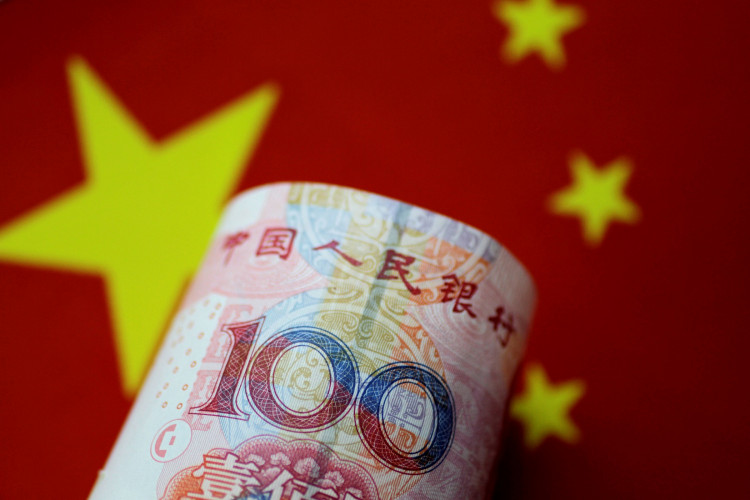China's fiscal revenue saw a 2.8% decline in the first five months of 2024 compared to the previous year, marking an acceleration from the 2.7% drop recorded in the January-April period, according to official data released on Monday. This decline reflects ongoing challenges in China's economic recovery, driven by weak domestic demand.
The Ministry of Finance reported that fiscal expenditure increased by 3.4% during the same period, slightly down from the 3.5% growth observed in the first four months. In May alone, fiscal revenue fell by 3.2% year-on-year, improving marginally from a 3.7% decline in April. Conversely, fiscal spending in May rose by 2.6%, a deceleration from the 6.1% increase recorded in April.
China has committed to greater fiscal stimulus to support its fragile economy, aiming to achieve an ambitious growth target of around 5% for the year. This target has placed significant pressure on policymakers to stimulate domestic activity amid escalating trade tensions with Western nations.
Beijing has initiated the sale of 1 trillion yuan ($137.82 billion) in long-dated special treasury bonds and introduced government-subsidized incentives to encourage trade-ins of automobiles and other consumer goods. These measures are designed to spur economic activity and address the persistent weakness in domestic demand.
Despite these efforts, concerns remain about the sustained downturn in key economic indicators. The real estate sector, in particular, has shown significant declines in investment and sales, contributing to the broader economic malaise. Key financial gauges have also reached record lows, underscoring the challenges facing the Chinese economy.





